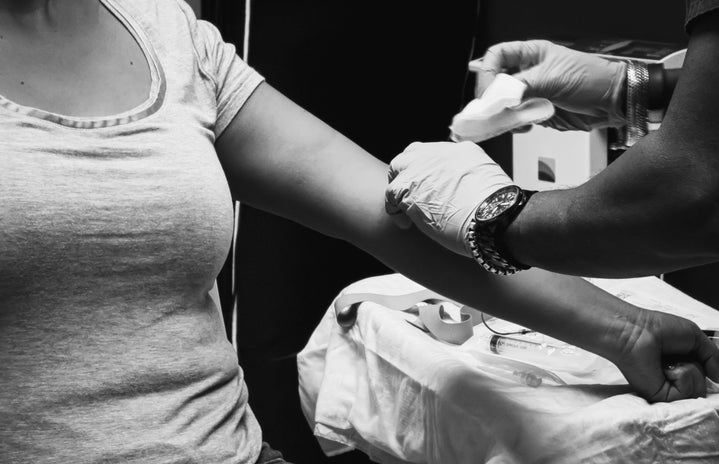Edited by Olivia Spahn-Vieira
Throughout the past couple of months, most of us, wishing for this pandemic to be over, have been following all the updates on the release of the COVID-19 vaccine. In the news, the names of some major pharmaceutical companies, such as Pfizer and Moderna, were being named as the frontrunners, that would be able to successfully provide their vaccines to the public in less than a year. Just in the past week, Pfizer had its vaccine approved by Health Canada, and our own Prime Minister has already claimed to have received doses. As this new vaccine is at the very beginning of its release, there is a lot of information being shoved at us that may not be credible, and when it comes to our health, it is important that we know the real facts. I will be providing three ways to ensure that you are receiving the correct information about the vaccine.
1. Trust Health Care professionals over Political Officials
As Canada is a democracy, our Prime Minister needs to be voted in by the people every 4 years. In order for a Prime Minister to receive the necessary votes, they need to ensure that they are well-liked and trusted by the population. This means that when it comes to a vaccine, our Prime Minister will say what it takes in order for people to feel calm, and also to gain respect for how he has handled this pandemic. This can lead to false information being spread, in order to please people. This is why when it comes to the COVID-19 vaccine, it is crucial that you trust and listen to health care professionals, such as your own doctor, for reliable medical information, as they will tell you the truth. Your doctor’s job does not depend on being elected, and they are qualified to give medical advice, unlike politicians. This is especially important for people who are immunocompromised, as a doctor will know more about their condition, in relation to COVID-19 than the Prime Minister.
2. Trust the Research Process
As this virus is only a year old, there is still so much more that we don’t know about it. The same goes for this vaccine that was created in less than a year. As much as it has proven to be highly effective, there is still more that we need to know, in order to best protect the population. For example, a vaccine has yet to be created for children under the age of 17, and just recently in the U.K, there were two cases in which people had severe allergic reactions. These examples show us that there is still more that needs to be researched about the vaccine, in order to ensure that everybody can be safe in society, no matter their age or their current health situation. To put an end to this virus, it is important that we trust in the research process, so that in the long haul, more people can safely receive the vaccine.
3. Do not Solely Rely on Social Media for Information
Social media has become a very large part of how people receive information, but if you want reliable information on the COVID-19 vaccine, you will have to dig deeper than tweets and comments. As social media is a free, uncensored place for people to share their personal opinions, a lot information is biased, which can lead to the spread of misinformation. Instead of relying solely on information from a tweet or a post an app, you should also take the time to read news articles and listen to information that is given by health organizations such as the WHO, Health Canada, and other groups.
It is crucial to receive reliable information on the COVID-19 vaccine, as it directly impacts our personal health. Hopefully, as time goes on, we will learn more about this vaccine, so that we can be safely vaccinated, and put an end to this pandemic.


